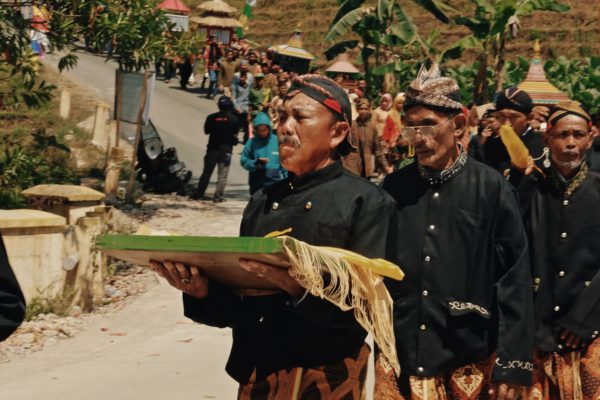
The fertile, volcanic soils of Central Java provide food and livelihoods for the many people who live off the land. In return, these communities give their thanks to nature with offerings and elaborate celebrations. One of these festivals was held recently in a Trees4Trees operation area – Kalirejo Village in Kebumen.
From August 9–11, the Kalirejo Art and Cultural Festival combined cultural traditions with religious ceremonies, in a show that proudly affirmed the community’s identity. The celebrations included performances of traditional dance, a cultural parade, games, and a shared feast.
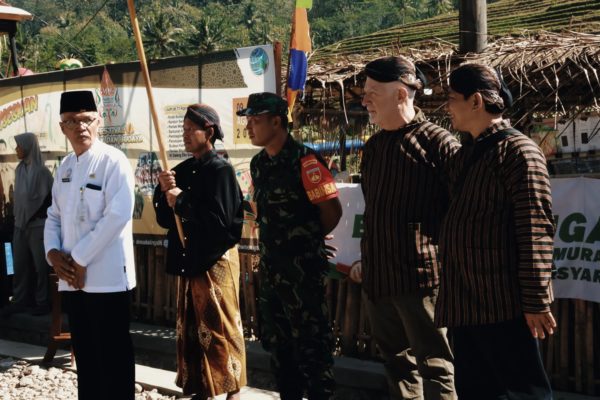
Connection to land and ancestors
The event showcased a series of performances, including the cepetan and ebeg. Passed down through the generations, these traditional dances have a mystic quality, and connect the dancers to the spirits of their ancestors.
The festival also featured a performance of the wayang kulit (a traditional Javanese shadow puppet show) as part of the ruwat bumi – a traditional ceremony that aims to secure the peace, security, and prosperity of the village.
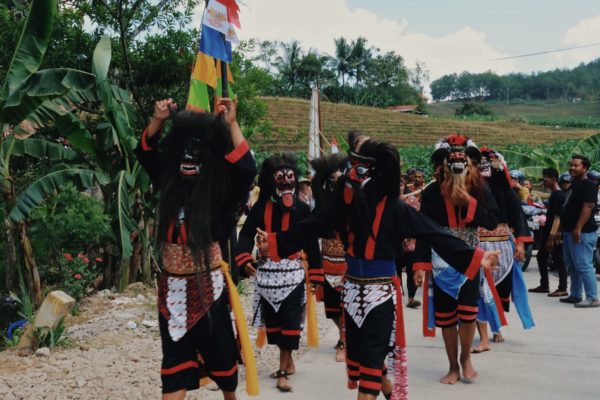
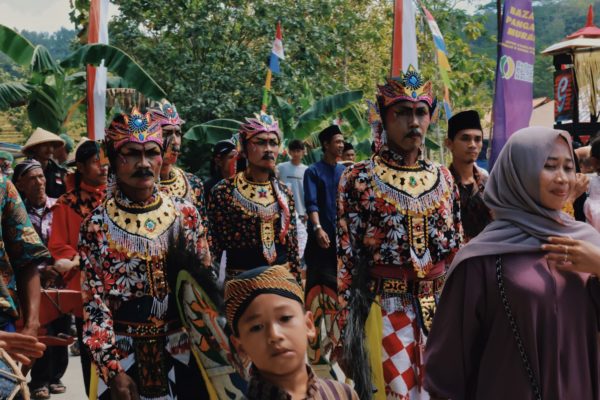
Keeping tradition alive
The celebrations came to a climax with a colorful parade, in which the whole community came together to watch or take part. Villagers proudly carried their produce from the fields, which included corn, rice, fruits, vegetables, and tubers. Accompanying the parade were dancers and musicians, who helped create a carnival atmosphere.
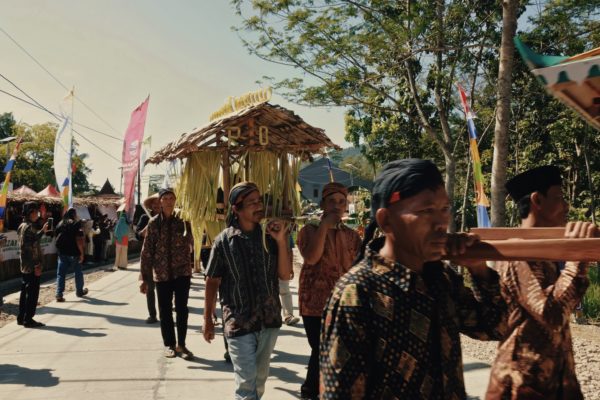
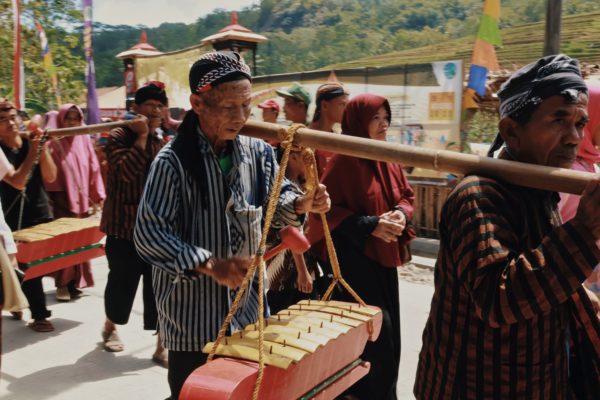
Next came the kenduri giling pitu feast, which involves villagers placing rice and vegetables wrapped in banana leaves onto woven trays. After offering prayers and giving thanks for the bountiful harvest, the food is distributed to all in attendance at the festival.
According to Ella, a local Trees4Trees Field Coordinator who was born and raised in Kebumen, “the prayers and the distribution of food symbolize the villagers’ gratitude to both God and nature.”
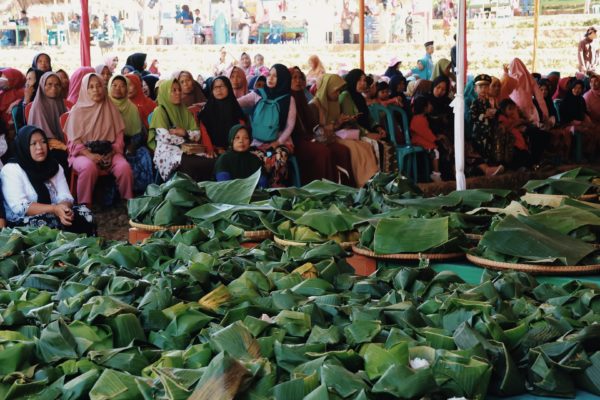
The traditions of art, music, dance, and traditional ceremonies highlighted by the Kalirejo Art and Cultural Festival dates back centuries. However, some of the village elders are concerned that, unless the younger generation keep them alive, these pastimes may soon fade away.
“The festival is a way to preserve our ancestral culture, ensuring it stands the passage of time,” says Maratun Chasanah, a Trees4Trees Field Coordinator and a local youth from Kebumen. “This way, the young generation can gain a deeper understanding of their own traditions and arts,” she added.
A cup of Java: Growing the local economy
Cultural preservation was not the only aim of the festival. The community also set up a bazaar where villagers could sell their products, which included traditional foods made from crops like cassava and corn, handmade crafts from woven bamboo, fresh fruit and vegetables, and the village’s new up-and-coming commodity: Coffee.
Together with Tree Ltd, Trees4Trees has been helping local communities in Kalirejo plant coffee trees since 2019. And these activities are already delivering positive results.
“We harvested approximately one ton of coffee from the trees provided by Trees4Trees and Tree Ltd,” says Sarman, the Head of Kalirejo Village. “This valuable commodity has significantly supported our community, and we eagerly anticipate the continuation of this collaboration,” he added.
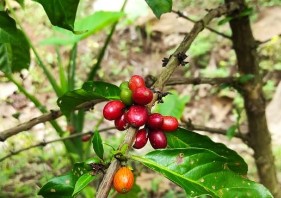
Read also:
Rasito, Optimizing His Land with Coffee Trees
The Story of Wasis, How a Tree Grower is Making a Difference in Water Conservation
Planting the seeds of new traditions
During the festival, Trees4Trees distributed seedlings and organic fertilizer, to support reforestation and promote the adoption of organic farming in Kalirejo. A total of 1,000 trees were distributed to festival attendees,. including suren, duku, gayam, clove, and coffee.
“Suren leaves can be used as biopesticides, coffee offers a stable income from its berries, and Gayam trees assist in soil and water conservation,” explains Rizky Pradhitya, Trees4Trees’ Unit Manager in Kebumen.
“We believe that by providing these seedlings we can showcase the trees’ potential to the community – our aim is to help them improve their environment and promote organic agriculture, while also boosting productivity, so everybody wins.”
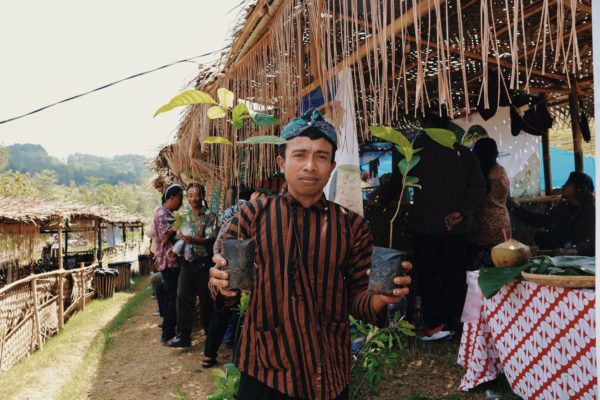
Writer: V. Arnila Wulandani. Editor: Christopher Alexander

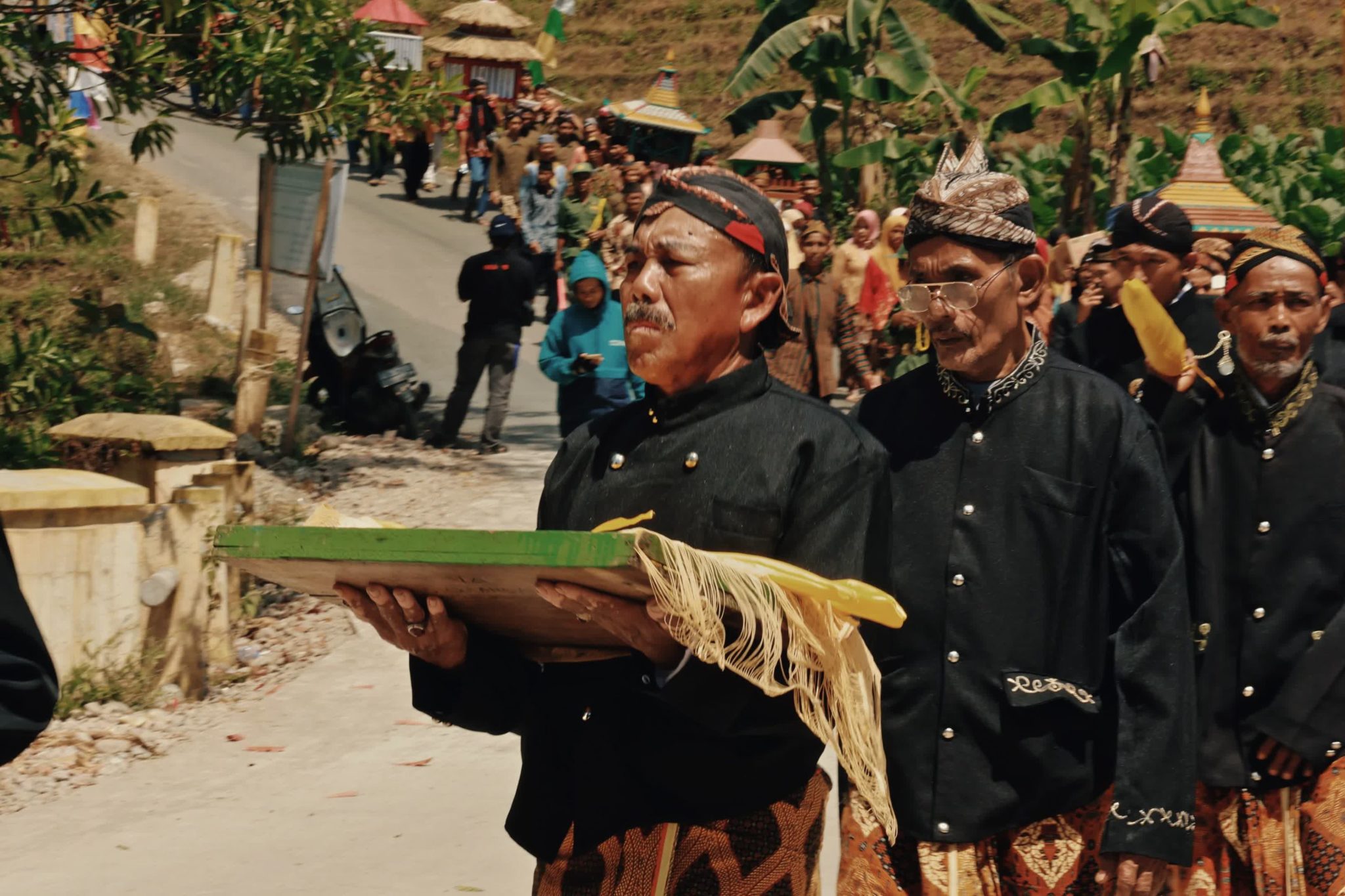
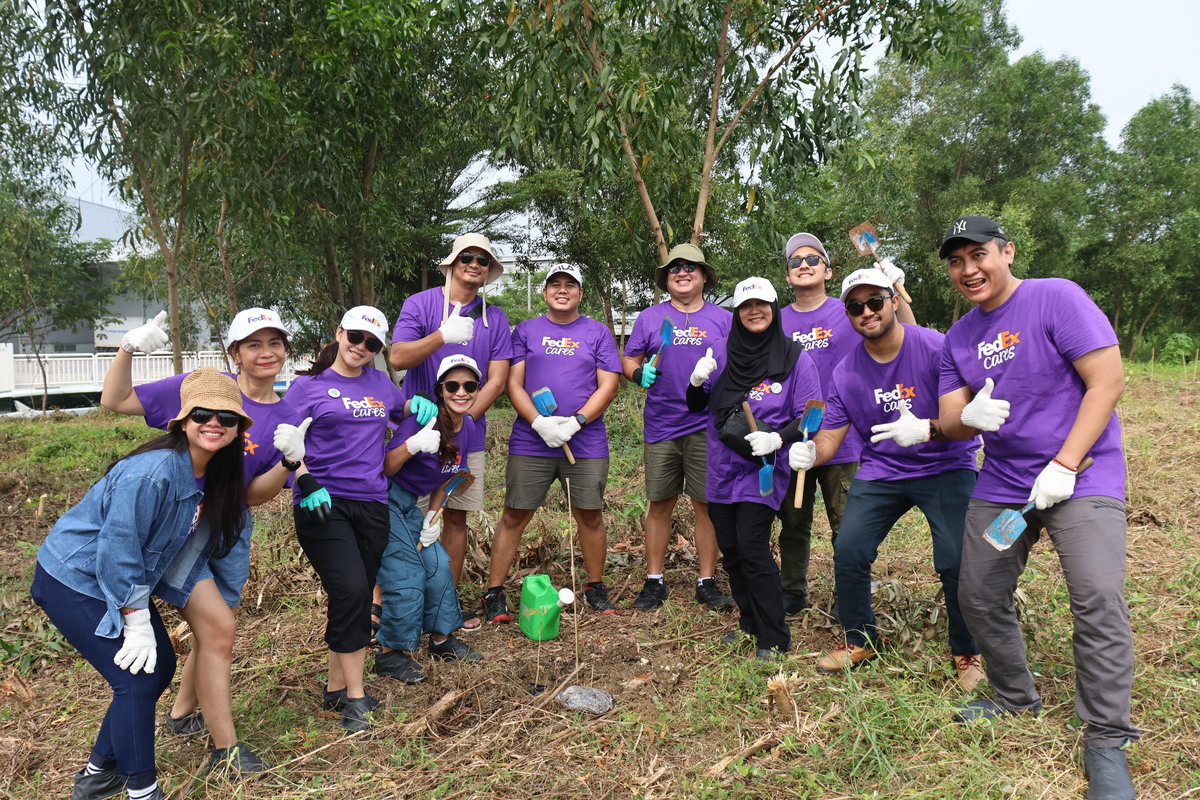
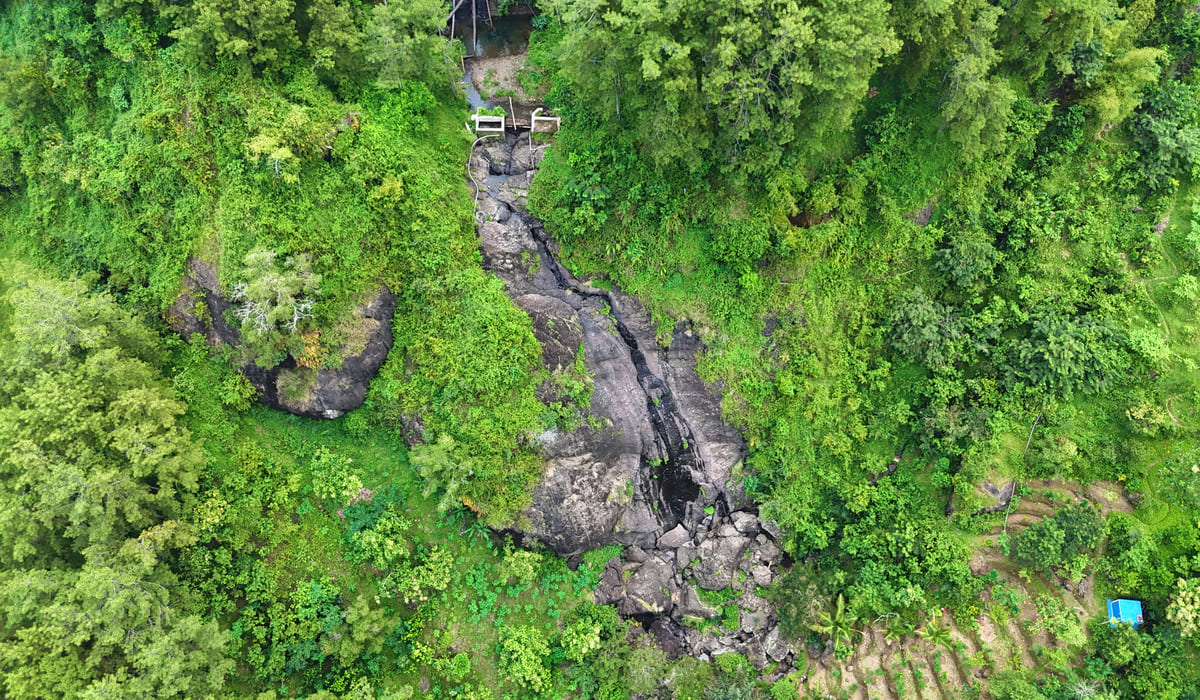
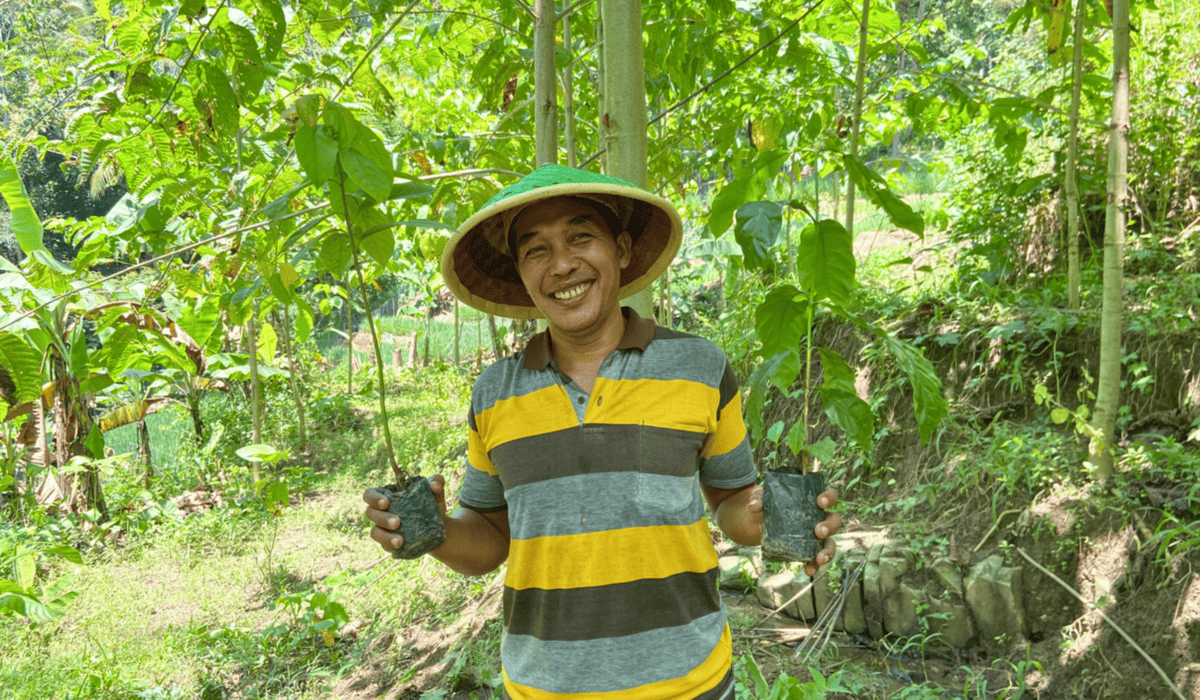



2 comments
F*ckin’ remarkable things here. I’m very glad to see your article. Thanks a lot and i am looking forward to contact you. Will you please drop me a mail?
let’s connect with us in info@trees4trees.org